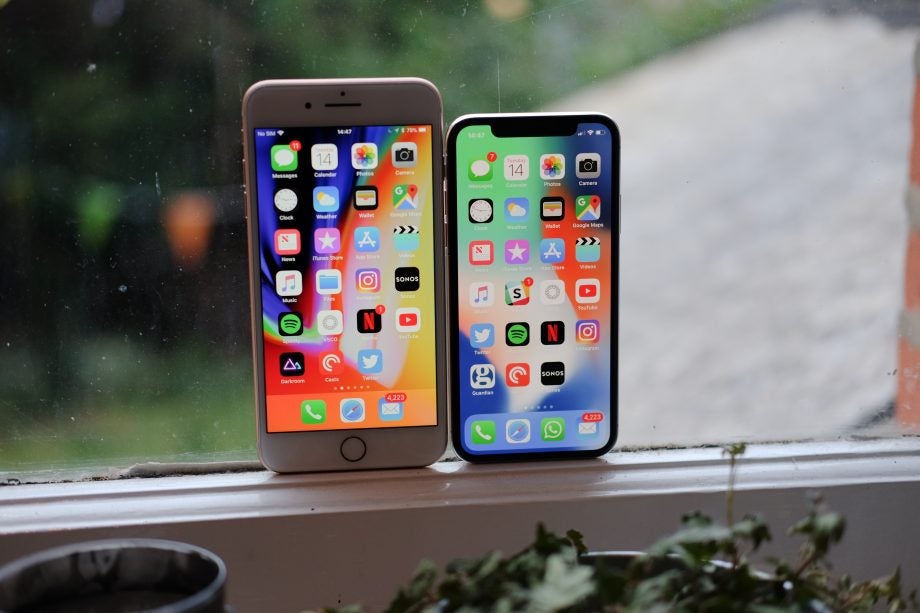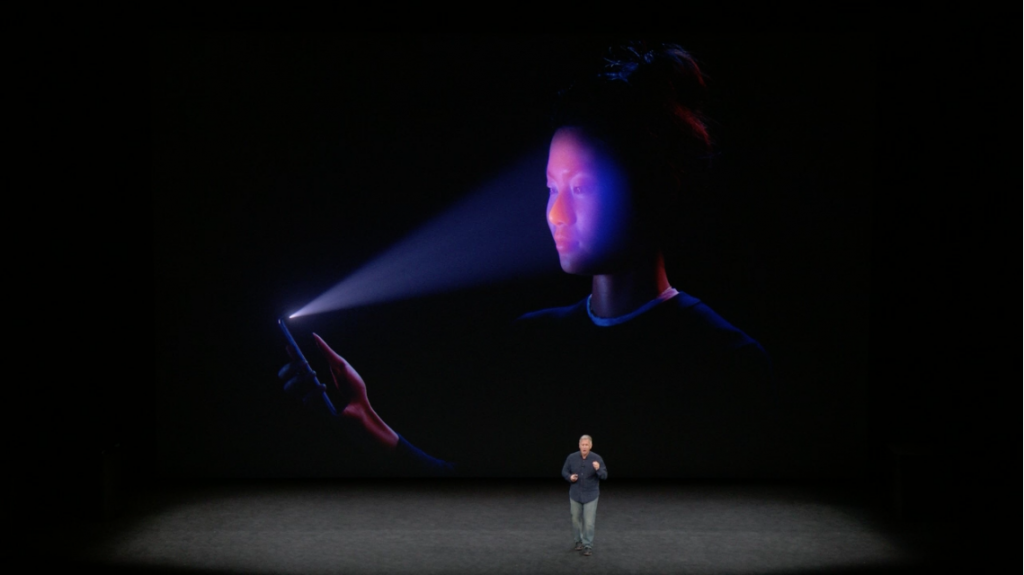Apple’s latest splurge proves the future of the iPhone is freakin’ lasers

Apple has announced it has invested a whopping $390 million in a firm that creates lasers.
Finisar, the company behind the lasers used in the iPhone X TrueDepth camera, is the latest recipient of Apple’s billion dollar Advanced Manufacturing Fund.
The company makes something called vertical-cavity surface-emitting lasers, which power the face-mapping capabilities used by Face ID and Animoji, features exclusive to the £1,000 flagship handset.
The VCSELs also assist with the Portrait Mode photography tool, which helps to create the Bokeh effect on some newer iPhone handsets.
Finisar also makes proximity sensors, like the ones fitted within AirPods, but Apple’s main concern here appears to be the the lasers.
Recent rumors have suggested Apple is working on a laser-based 3D sensor for the 2019 iPhone models.
These would be used to help the phone’s rear-facing camera establish a depth map that’ll be important for the company’s big push into augmented reality experiences.
Reports claimed Apple is seeking a manufacturer for the component, but such a heavy investment suggests the search is over.
Related: What is Face ID?

The windfall will pay for a new 700,000-square-foot manufacturing plant in Sherman, North Texas (via TechCrunch).
500 people will be hired to help build the TrueDepth cameras for the current iPhone X model.
Apple’s fund is designed to assist the growth of US-based manufacturing, as it seeks to bring a little more production back to the States.
How do you rate laser-based features like Face ID and Animoji? Share your thoughts with us @TrustedReviews on Twitter.


